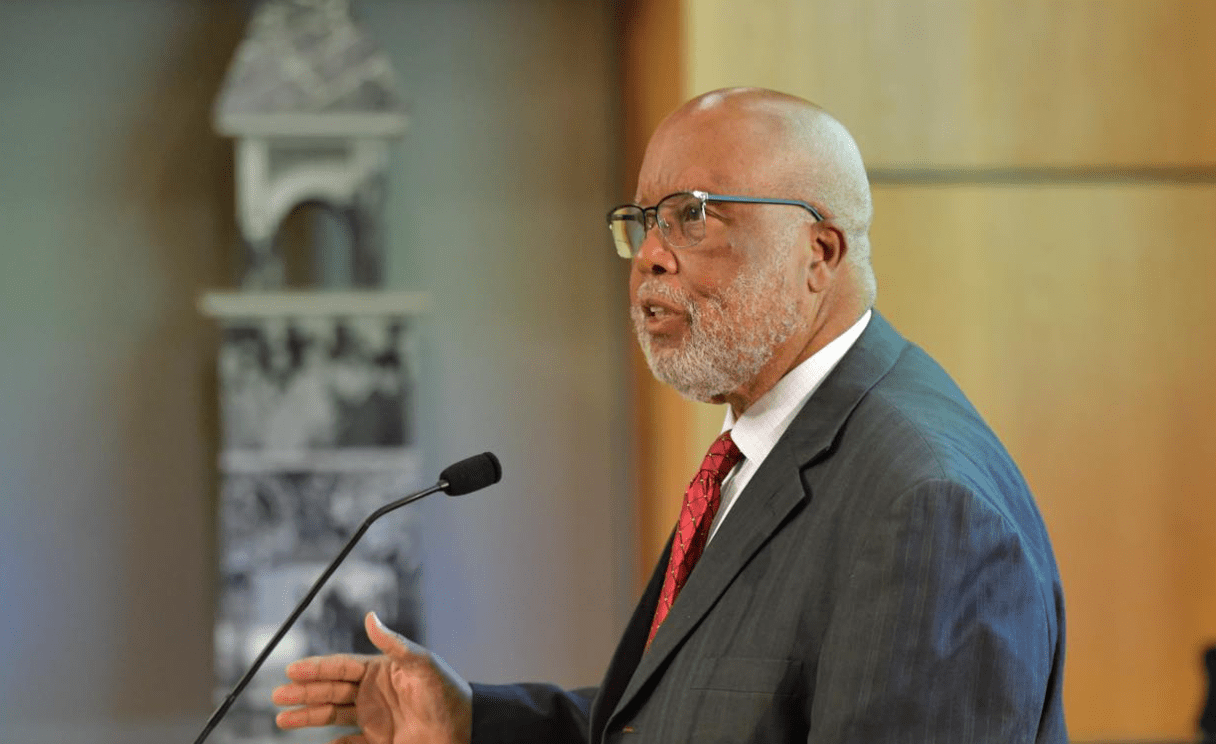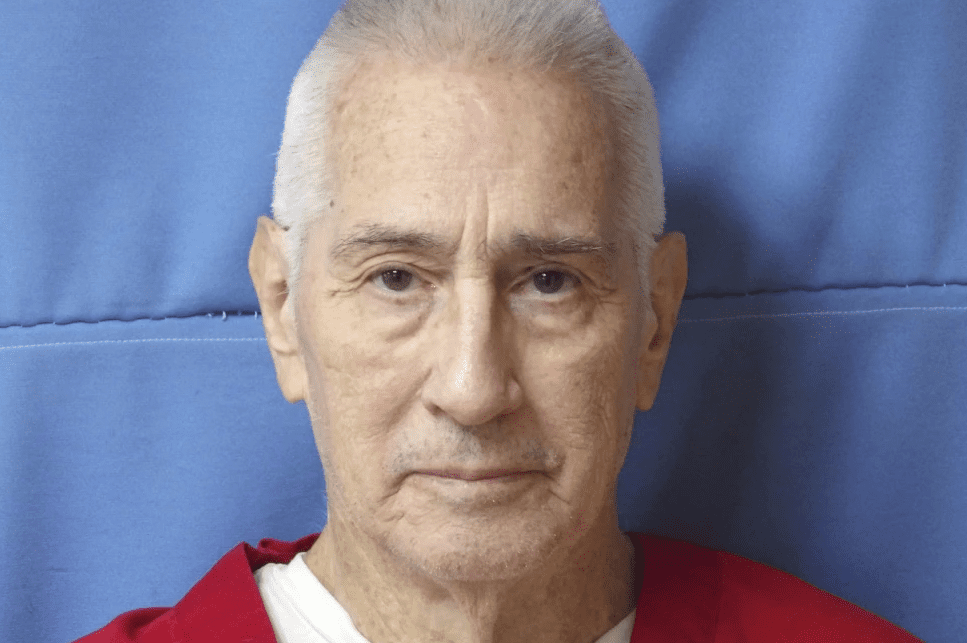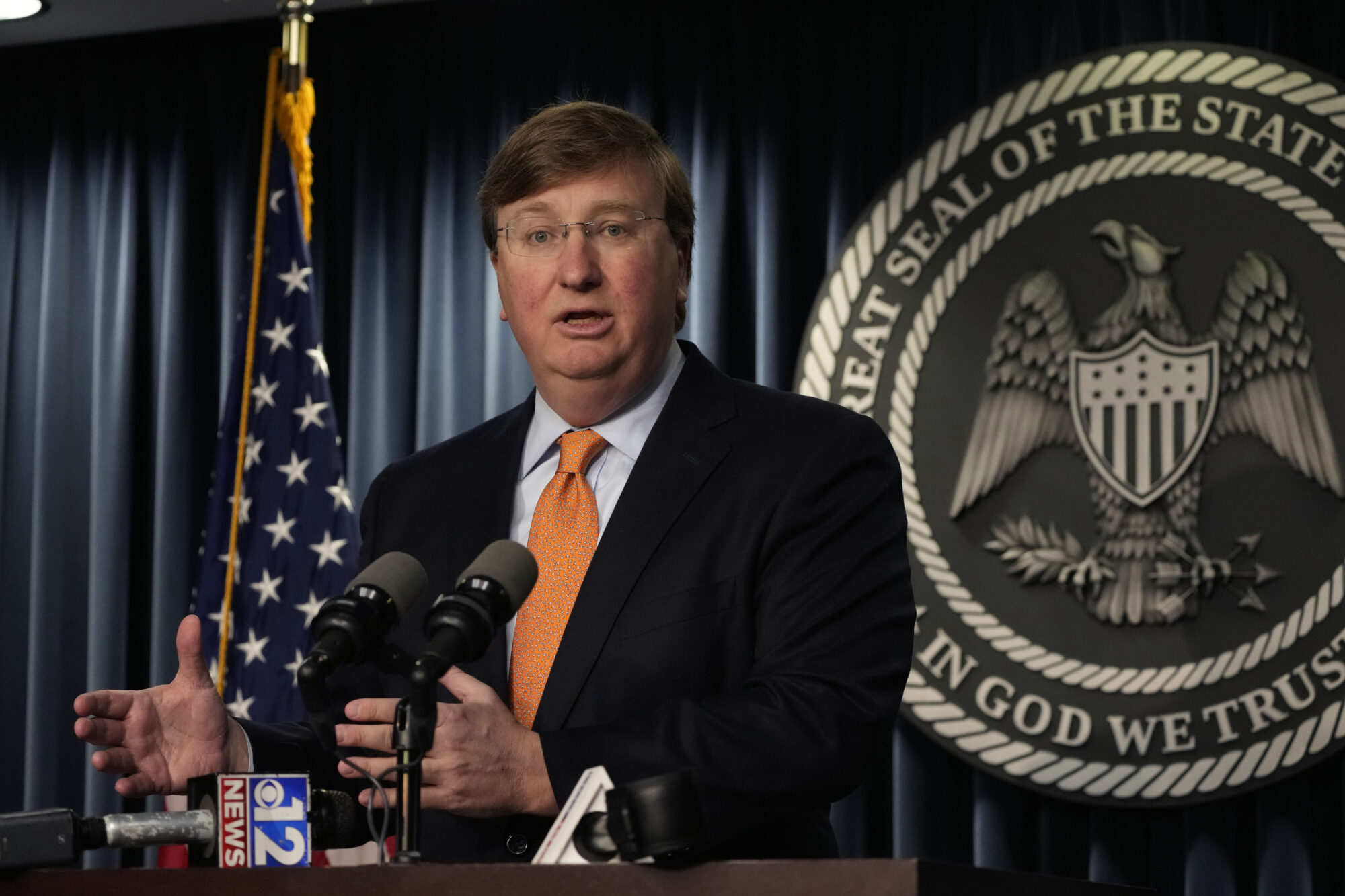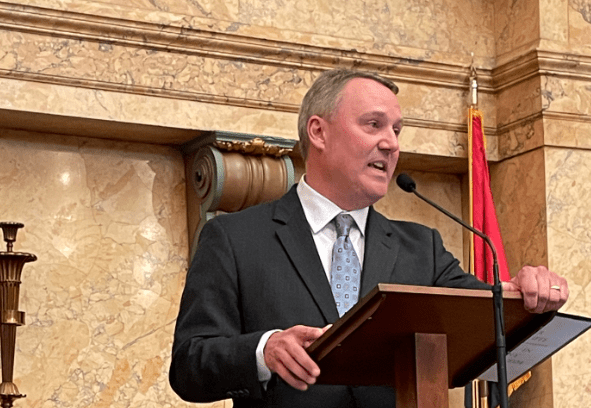
- When framed as “Obamacare’s Medicaid expansion,” 81% of Republican primary voters oppose the policy, but opposition increases to over 90% when GOP voters are introduced to more substantive policy arguments against Medicaid expansion.
Republicans maintain supermajorities in both chambers of the Legislature, which means that passage of a policy like Medicaid expansion requires Republican lawmakers’ support. But do Republican voters like the policy?
Previous polls have used generic or favorable framing to test sentiment, but that is rarely how public policy or political debates unfold. Last week, Magnolia Tribune partnered with Mason-Dixon Polling & Strategy to determine how Republican primary voters in Mississippi feel about Medicaid expansion when informed of arguments against the policy.
Mason-Dixon produced the most accurate polling results in the state during the 2023 election cycle and has been active in Mississippi for nearly 40 years.
Governor Tate Reeves (R) has consistently called the policy “Obamacare’s Medicaid expansion,” as a reminder of its origin in the Affordable Care Act. When asked if Mississippi should adopt “Obamacare’s Medicaid expansion,” 81% of respondents said the state should not implement the policy.
More broadly on the topic of Obamacare, Republican primary voters believe: GOP lawmakers were correct to oppose Obamacare when it was first passed (81%); that Obamacare has not lived up to the promises made at the time of passage (89%); and that former President Donald Trump is correct in his desire to repeal and replace the law (90%).
When told of Reeves’ opposition to “Obamacare’s Medicaid expansion” in Mississippi, 85% say he is right to do so.
Medicaid Expansion MS Poll Results (3-4-24) by Russ Latino on Scribd
The poll also asked a number of questions oriented to the risks posed by “Medicaid expansion” to the labor force. Ninety percent (90%) of Republican respondents said they would oppose Medicaid expansion if the primary beneficiaries of the policy were people who refused to work.
Currently, people making between 100-138 percent of the Federal Poverty Level have access to fully subsidized private plans on the ACA exchange. These people, some 140,000 in Mississippi, would be forced off those plans and onto Medicaid were full expansion to pass. A majority of the people under 100 percent of the FPL that would become eligible for Medicaid do not work.
One proposal introduced in the Legislature is to implement a work requirement for expansion enrollees, but that idea faces political and legal challenges. Eighty-two percent (82%) of respondents said they opposed Medicaid expansion when introduced to the idea that the Biden administration has refused to grant work requirements and federal courts have found them to be illegal.
Ninety-one percent (91%) of respondents said providing free health insurance to people who refuse to work will worsen our state’s labor force participation rate, and 96% said it would be a “bad thing” for the state if the result of Medicaid expansion was an equal ratio of welfare recipients to workers in Mississippi. There are presently 800,000 on the Medicaid program and 1.2 million workers in Mississippi. Estimates for potential enrollment were full Medicaid expansion to occur have ranged from 200,000 to 400,000.
Republican primary voters also signaled opposition to Medicaid expansion when informed of the total cost of the current Medicaid program, with 86% saying the state was already spending enough on Medicaid. When introduced to the risk that federal support for the program could be reduced in the future, resulting in higher taxes or spending cuts on other important functions of government, 91% of respondents voiced opposition.
The targeted voters also said they would prefer state funds be spent on Mississippi’s school children (88%), teacher pay raises (85%), or roads and bridges (90%), instead of funding Medicaid expansion.
Finally, opposition remained high when the experience of similarly situated expansion states was challenged. Ninety-one percent (91%) said they opposed the policy when told expansion states had all experienced enrollment and cost overruns. Ninety-one percent (91%) opposed the policy when told that expansion states Louisiana and Arkansas have the same percentage of at-risk rural hospitals as Mississippi. Finally, 90% oppose the policy when informed that Arkansas and Louisiana continue to rank 50th and 48th, respectively, on health outcome rankings, despite expanding.










